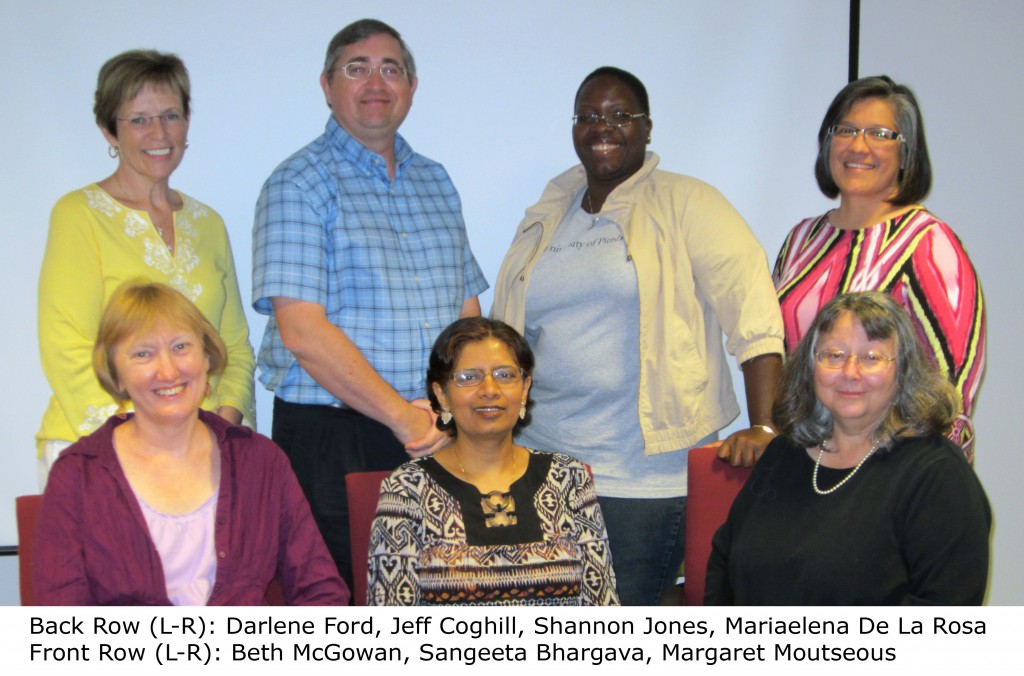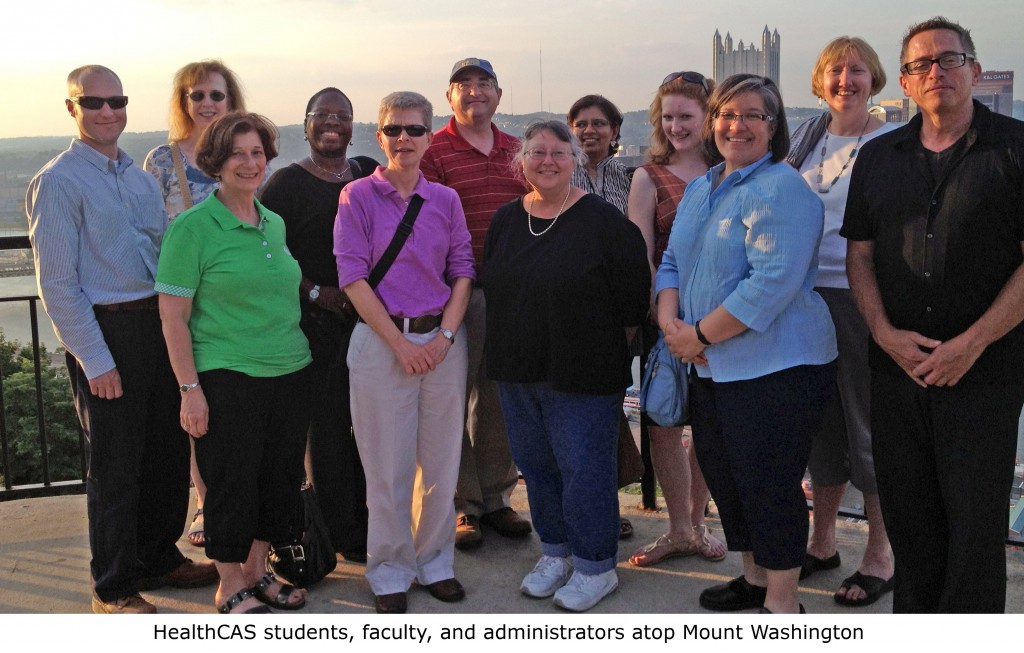 Pitt’s RefWorks subscription will end on September 30, 2012. Its replacement will be Mendeley. Mendeley may already be familiar to you as a free application on the Web, but has recently begun offering a subscription-based product to institutions as well. Mendeley offers substantially the same functionality as RefWorks plus some distinctive features of its own.
Pitt’s RefWorks subscription will end on September 30, 2012. Its replacement will be Mendeley. Mendeley may already be familiar to you as a free application on the Web, but has recently begun offering a subscription-based product to institutions as well. Mendeley offers substantially the same functionality as RefWorks plus some distinctive features of its own.
Here’s what we can tell you now:
- HSLS will be supporting Mendeley users and will continue its long-time EndNote classes and EndNote support.
- You will not lose the information in your RefWorks records. You have several choices:
- You can follow instructions for transferring them to Mendeley or to EndNote by September 30.
- You can save them by September 30 while you decide on your next reference management program.
- You can purchase an individual RefWorks subscription. After a free 30-day trial, a 12-month subscription costs $100 and includes feature upgrades and online support.
- Like other mobile apps such as Dropbox and Evernote, Mendeley has a hybrid approach. You install the Mendeley application on your desktop or laptop computer. You create your “library” (personal database or reference list). Then you back up and sync your library, PDFs, and annotations across your desktop or laptop computer, your iPhone and iPad, and the Web.
- Mendeley is very social. You can create public or private groups for sharing and collaborating.
- Mendeley does some interesting things with PDFs. From within Mendeley, you can open, annotate, and highlight PDFs and share your annotations with others. Like recent versions of EndNote, Mendeley will create new records from your PDFs. If you designate a “watch folder” and add papers to it as you work, Mendeley will automatically add them to your library.
- The one thing no reference management program can do with PDFs is to capture and import the ones attached to your RefWorks references. We realize that this may be a substantial inconvenience for many of our patrons and are working on ways to streamline the process of saving PDFs from RefWorks and associating them with records in a successor application.
Here’s what you can do:
- Go to Mendeley.
- Click on the green Sign up & Download button to set up an account.
- Click on the green Download Mendeley button to download the Mendeley desktop application to your computer.
- Save your RefWorks records.
- You have until September 30 to explore Mendeley and decide whether you’d like to give it a try. EndNote is the other HSLS-supported alternative and is available at reduced prices for those with a Pitt ID.
- When you are ready, transfer your RefWorks reference list as a single list or transfer each folder separately in order to preserve your current file structure.
Students, faculty, and staff in the health sciences schools can e-mail Ask a Librarian for help with transitioning from RefWorks.
We will keep you posted as other developments occur.
~ Patricia Weiss

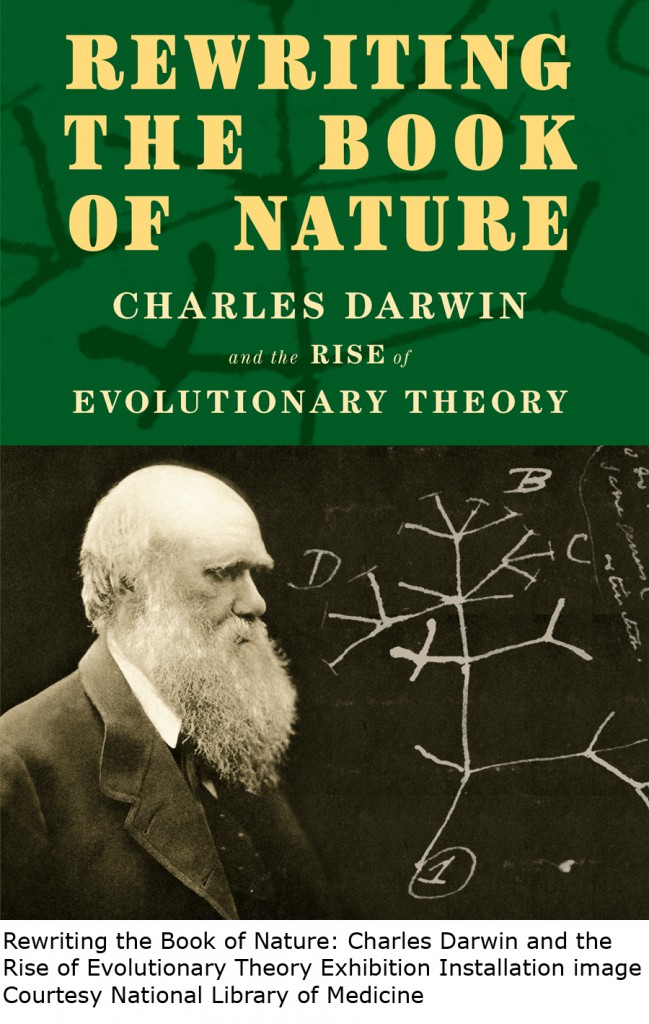
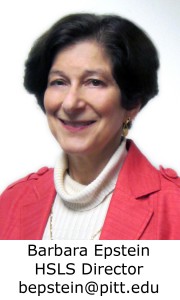

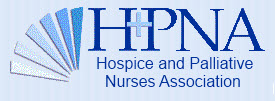


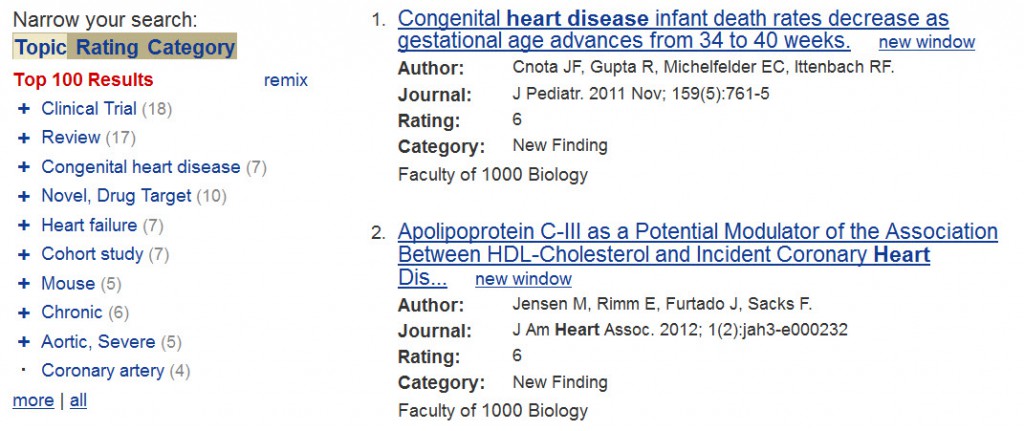
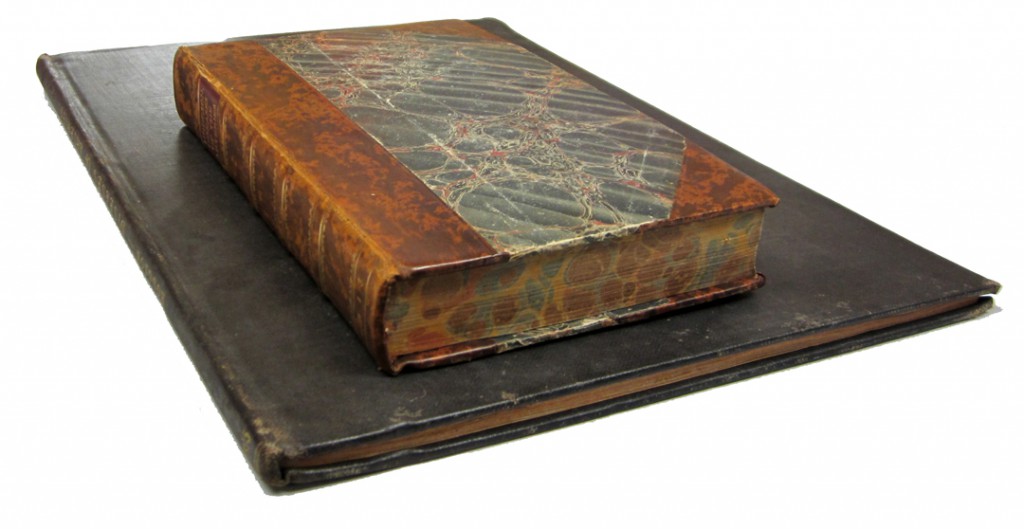
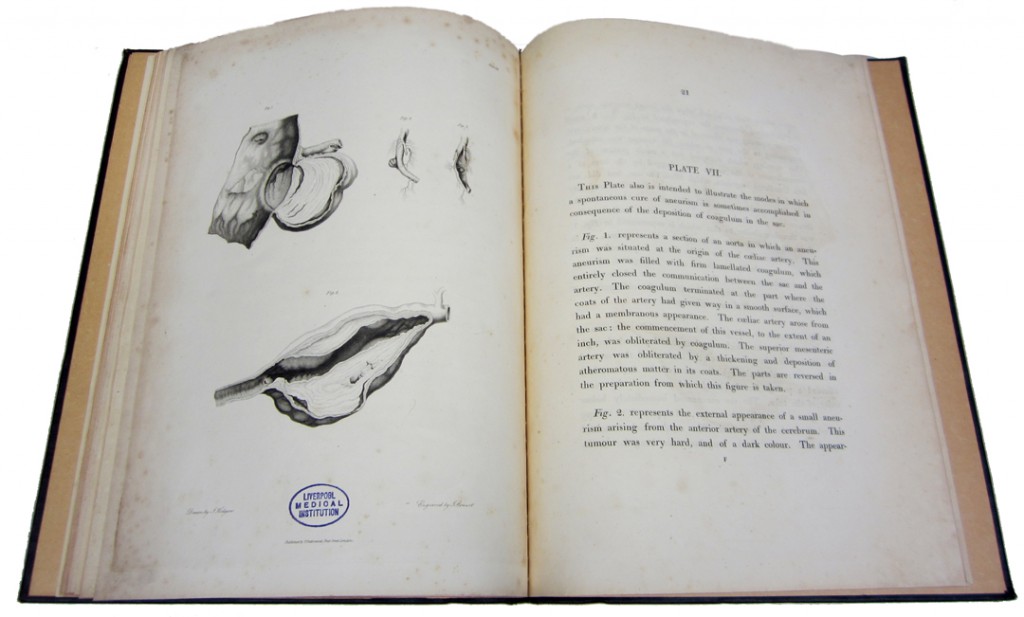
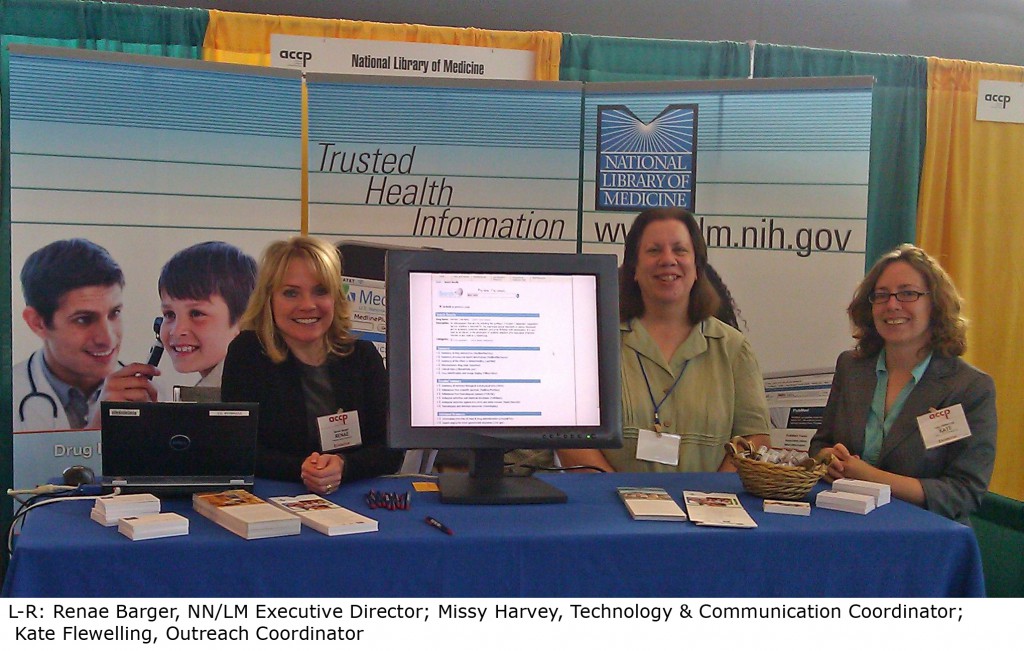
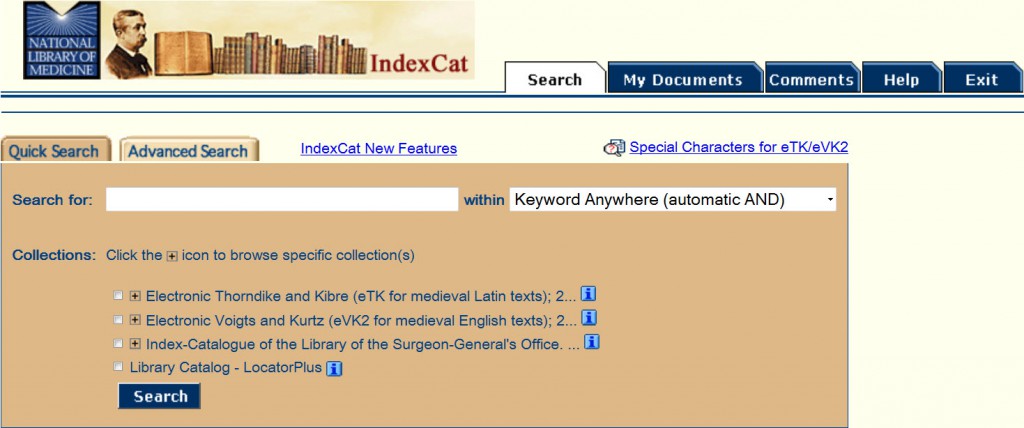
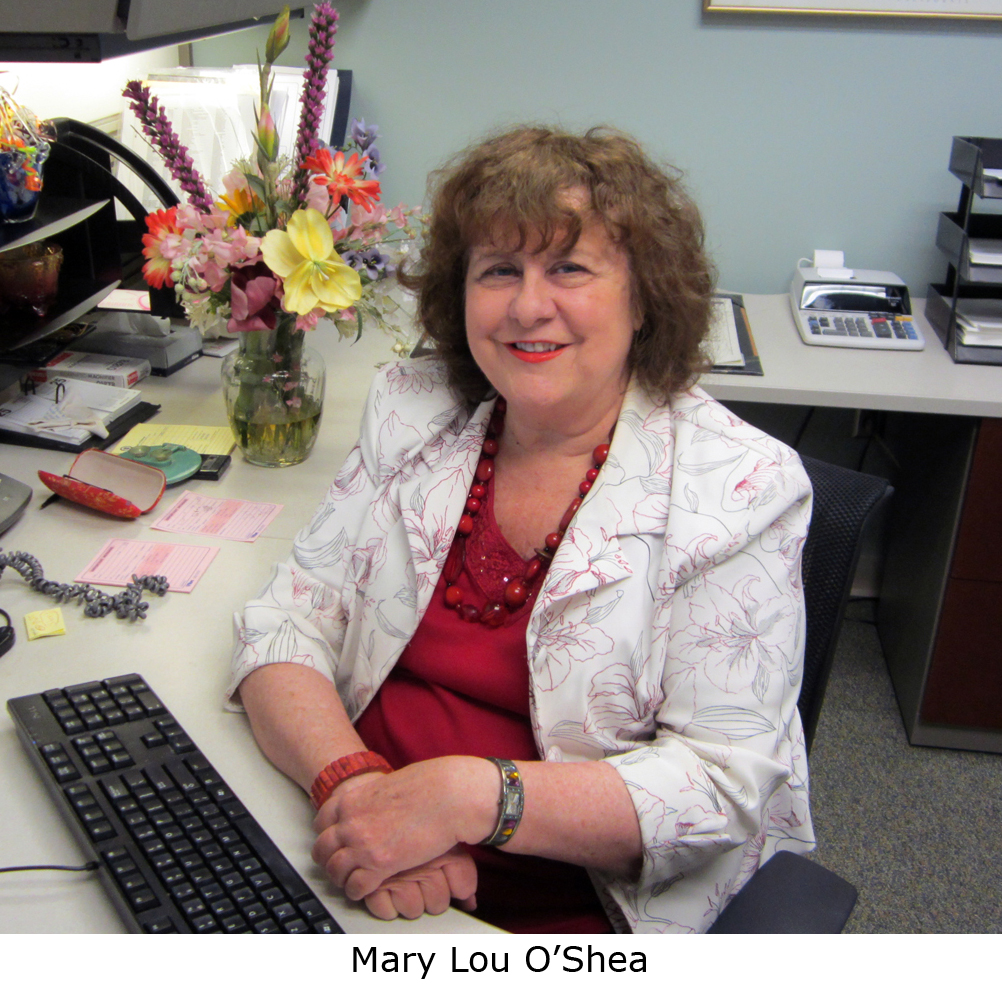 Mary Lou O’Shea, HSLS administrative secretary, retired at the end of June after almost 40 years of service. During her tenure, she worked under five library directors, including: Carroll F. Reynolds, Laurabelle Eakin, June Bandemer, Pat Mickelson, and Barbara Epstein.
Mary Lou O’Shea, HSLS administrative secretary, retired at the end of June after almost 40 years of service. During her tenure, she worked under five library directors, including: Carroll F. Reynolds, Laurabelle Eakin, June Bandemer, Pat Mickelson, and Barbara Epstein.